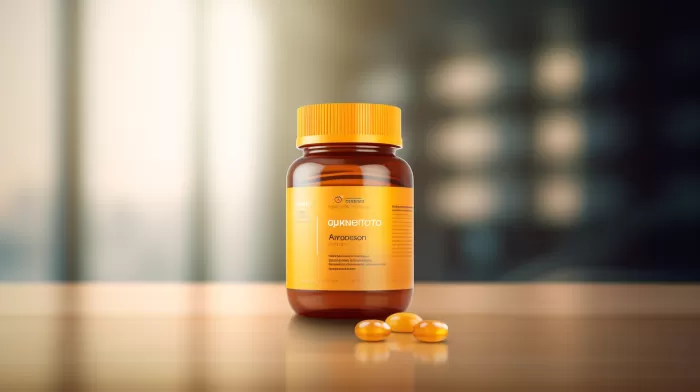An increasing number of U.S. veterans who have served in the Middle East have reported persistent and puzzling medical problems. However, researchers at the University of California, San Diego School of Medicine have discovered that a dietary supplement called coenzyme Q10 (CoQ10) may improve the health of many of them. CoQ10 is a natural antioxidant made by the body which is essential for cell functions and supports the mitochondria, small structures in each cell responsible for energy production. In this article, we will discuss how CoQ10 could help veterans suffering from Gulf War Illness syndrome and its potential benefits for other toxin-induced health problems.
Gulf War Illness Syndrome
Gulf War Illness syndrome contracted during the 1990-1991 Persian Gulf War affects many veterans, and its symptoms include skin problems, extreme fatigue, weakness, muscle pain, and cognitive difficulties. “Gulf War Illness is not the same as post-traumatic stress disorder or traumatic brain injury, signature illnesses of later deployments, which are caused by psychological and mechanical injury, respectively,” says researcher Beatrice Golomb.
Instead, evidence links Gulf War Illness to chemical exposures, such as pesticides or pills given to soldiers to protect them from possible nerve agents. These chemicals can damage mitochondria, which generate the energy our cells need to function. When these powerhouses of the cells are disrupted, it can produce symptoms compatible with those seen in Gulf War Illness.
CoQ10 and Gulf War Illness
During a three and a half month study, 80 percent of the veterans taking 100mg of CoQ10 daily experienced improvements in physical function, relief from fatigue, headaches, memory issues, muscle pain, and irritability. “The statistical significance of these benefits, despite the small sample size, underscores the large magnitude of the effects,” Golomb says.
This discovery of a potential remedy is significant as mitochondrial dysfunction has also been linked to other toxin-induced health problems in the civilian sector. As a result, the research on CoQ10 and Gulf War Illness could potentially benefit many others who are exposed to environmental toxins.
Benefits of CoQ10 for the General Population
Furthermore, CoQ10 has several potential benefits for the general population that are not limited to those with Gulf War Illness:
- Antioxidant properties: CoQ10’s antioxidant properties can help neutralize harmful free radicals and reduce oxidative stress, which has been linked to chronic diseases like cancer, heart disease, and diabetes.
- Heart health: Studies have shown that CoQ10 can improve heart function in people with heart failure and reduce the risk of heart attacks in those with coronary artery disease.
- Migraine prevention: CoQ10 has been shown to reduce the frequency of migraines in some people, possibly due to its ability to maintain proper mitochondrial function.
- Fertility support: CoQ10 may improve both male and female fertility by improving the overall health and function of sperm and eggs, respectively.
- Exercise performance: CoQ10 supplementation has been shown to improve physical performance, reduce fatigue, and decrease muscle damage caused by exercise.
CoQ10 Supplementation
Although the body produces CoQ10 naturally, levels tend to decrease with age, making supplementation a viable option for many people. CoQ10 is available in two forms: ubiquinone and ubiquinol. Ubiquinol is the active form of CoQ10 that the body can readily use, whereas ubiquinone must be converted into ubiquinol in the body.
It is important to talk to a healthcare professional before starting any new supplementation, as it may not be suitable for everyone. Some medications, such as statins and beta-blockers, can reduce CoQ10 production, making supplementation more important for those taking these medications. However, CoQ10 may also interact with certain medications, such as anticoagulants, increasing the risk of bleeding.
In conclusion, coenzyme Q10 is a natural compound that supports mitochondrial function and cellular energy production. Its potential benefits for veterans suffering from Gulf War Illness make it a promising area of research. Moreover, its application for other toxin-induced health problems in the civilian population and the general population highlights the importance of further studies on CoQ10. As with any supplement, it is best to consult a medical professional before starting a new regimen.



